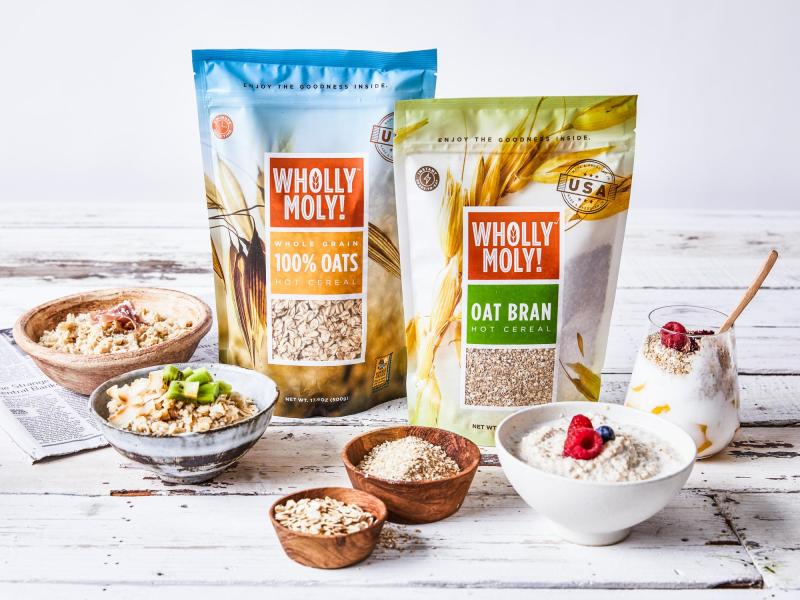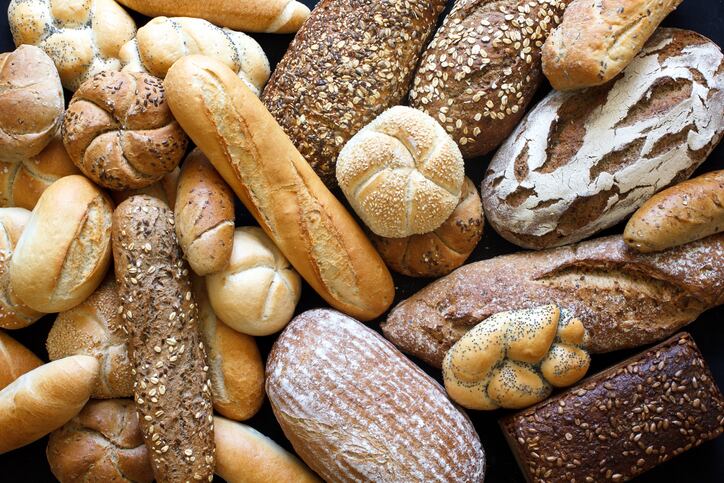The study was conducted by Nutrition Research Australia as commenced by the Grains & Legumes Nutrition Council (GLNC), and involved a systematic review of 25 papers discussing dietary changes involving whole grains (wheat, rye, oats, barley, corn/maize, rice, teff, canary seed, Job’s tears, fonio, sorghum, millet, triticale) and pseudo-grains (amaranth, buckwheat, quinoa, wild rice) as compared to refined grains or a placebo.
In general, the study confirmed the benefits of whole grains consumption as opposed to refined grains in improving heart health markers such as total cholesterol, low-density lipoprotein (LDL or ‘bad’) cholesterol, hemoglobin A1c (a marker of blood glucose levels), and C-reactive protein (inflammation marker), but also found that different grains had different ‘specialty’ areas.
“[Analysis based on] the different types of whole grains [showed] there were significant benefits for certain varieties,” said study lead author Dr Skye Marshall.
“We found that whole grain oats in particular significantly decreased total and LDL cholesterol - the type of cholesterol that plays a role in the development of heart disease.
“We also found beneficial outcomes for brown rice on triglycerides, a type of blood fat also linked to elevated heart disease risk.
Specifically, the study revealed that whole-grain oats consumption decreased LDL cholesterol by 16.7 mg/dL or a factor of -0.57 (measured as Standard Mean Difference, SMD) when compared to refined grains consumption.
Brown rice consumption was instead found to decrease triglycerides levels by 1.6 mg/dL or a factor of -0.22 SMD in comparison with white rice consumption.
“For adults [both] with or without cardiovascular disease (CVD) risk factors, the findings of this review conditionally recommend [a variety of] whole grains for improved CVD risk,” the study authors said.
“Of [all] the outcomes measured across all [studies], 58% were found to have one or more reports of a statistically significant improvement in the whole-grain intervention compared to refined-grain comparator.
“[That said], it must be remembered that [although] guidelines recommend they be consumed mostly as whole grains and/or higher-fiber varieties, refined grains are not considered discretionary foods.
“[This is important as previous] healthy food basket research suggests that whole-grain foods may be unavailable to some small communities and may be associated with a higher cost, which is likely to impact low-income families.”
Dr Marshall added that the important thing here was to try to keep whole grains as the larger part of one’s diet.
“According to our research, provided the majority of your grain intake comes from whole grain sources like wholemeal bread, oats, whole grain breakfast cereals, brown rice or wholemeal pasta, consuming refined grains like white rice or pasta will not be detrimental to heart health on its own,” Dr Marshall. said.
“There’s a place for all grain foods in the diet.”
Future areas of significance
With CVD being the leading cause of noncommunicable disease deaths worldwide, the researchers suggested that further studies look into the treatment potential of whole grains, especially when it comes to improving particular heart health markers.
“[We need] to better understand the preventive and treatment potential of whole grain intake for those with existing cardiovascular disease” said Dr Marshall.
“[Within this], whole-grain products should be tested for the potential to improve both CVD risk factors and events in [individuals that already have] existing CVD at baseline; [and we also need to] compare whole grain with refined grain for all grain and pseudo-grain varieties, especially rye, maize, teff, amaranth, triticale, or unique varieties of wheat, such as kamut or spelt.”
Study: The Effect of Replacing Refined Grains with Whole Grains on Cardiovascular Risk Factors: A Systematic Review and Meta-Analysis of Randomized Controlled Trials with GRADE Clinical Recommendation
Source: Journal Of The Academy Of Nutrition And Dietetics
Authors: Marshall, S. et. al.





